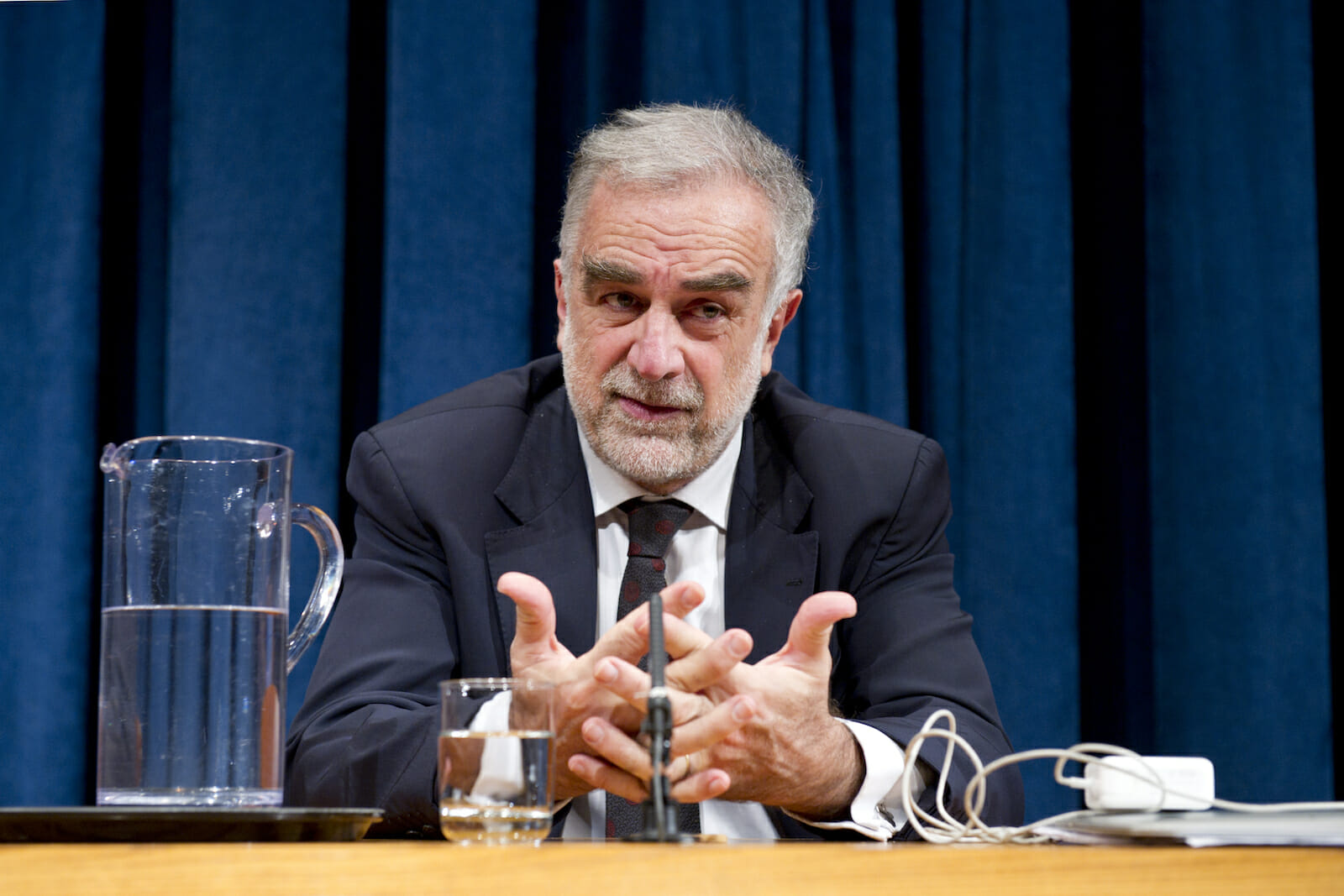
Is the ICC Overstepping its Mandate in Libya?
In the next few weeks, judges at the International Criminal Court (ICC) will be asked to make a landmark decision involving international criminal law and jurisdiction. The contentious debate revolves around whether Saif al-Islam Gaddafi, the son of Muammar al-Qaddafi and Abdullah Senussi—Libya’s former intelligence chief—can receive fair trials if they are conducted at national courts in Libya. Gaddafi and Senussi are both wanted by the ICC for crimes against humanity including murder and persecution against their own people during the 2011 rebellion which saw the overthrow and murder of longtime dictator Muammar Gaddafi. The United Nations Security Council issued Resolution 1970 on February 26, 2011, in which it referred the case to the international court for investigation. Once the Gaddafi regime fell, the prospect of an emerging adolescent democracy appeared to be on the horizon.
However, things have not exactly worked out the way they were initially envisioned. First, back in August, their Interior Minister, Fawzi Abdelali, resigned his post amid violence that destroyed two Sufi shrines, which was blamed on ultra-conservative Salafi Islamists.
Then, a few weeks ago, Libyan Prime Minister-elect Mustafa Abu Shagu was dismissed by Parliament after failing to obtain approval for an emergency government consisting of just 10 ministers.
Now, with fighting occurring in the former Gaddafi stronghold, Bani Walid, and the emergence of multiple armed groups threatening to derail the democratic process, the turmoil, and tension within Libya could not be higher.
Despite all of these ongoing problems, Libya insists that it can still hold a fair trial for both defendants once the judicial system is ready to commence, which is expected in September. The ICC has insisted that they hold jurisdiction based on the UN Security Council Resolution and have remained skeptical about the prospects of Libya conducting a fair trial, especially in light of the frequent delays that have plagued the beginning stages of the judicial process.
This back-and-forth drama between the Libyan government and the ICC has already created a tense scenario. With limitations on their first visit to the younger Gaddafi, the ICC investigators made a second visit in June during which they were arrested and detained for three weeks for allegedly passing improper documents to Saif that could threaten Libya’s national security. The four-person team was subsequently released at the beginning of July. In October, Libya filed a formal challenge to the ICC regarding jurisdiction, an issue that is now being considered by judges in The Hague. So, amidst all of the ongoing squabbling between the two parties, and in light of the contention over jurisdiction, the question arises: is the ICC overstepping its mandate?
Created from the Rome Statute of 1998, the ICC is regarded as strictly a complementary court. In fact, Article 17.1(a) specifically states, “the Court shall determine that a case is inadmissible where: The case is being investigated or prosecuted by a State which has jurisdiction over it unless the State is unwilling or unable genuinely to carry out the investigation or prosecution.” Libya obviously has jurisdiction over the case as the accused committed these crimes within the Libyan borders. In addition, Libya has made it quite clear that they are willing to try both defendants for their crimes, so the only contention that could be made is that they are unable to conduct a fair trial.
The ICC also claims that under Article 13(b), the case was referred to the Prosecutor by the United Nations Security Council and therefore the responsibility to prosecute lies with their court system. Libya is arguing that the complementary role needs to be respected.
The government feels that they can handle the prosecution and do not need to hand over either of the accused to The Hague. Can you blame them? Despite multiple delays to the commencement of the internal trials, timetables cannot be a complaint from the ICC. They just handed down their first verdict since opening their doors a decade ago. The Lubanga trial lasted over three years from beginning to end and six years from the time he was arrested and detained at the ICC. Other ongoing trials still have pending verdicts and completions, but a lengthy process remains the norm in every case thus far. The efficiency of the court has come into question due to the timetable that engulfs every case brought before the court.
In addition, the ICC was never established to take away the rights of sovereignty from member states. It was designed to provide support to these nations and be utilized in the case that a country cannot try or judge its own criminals. Now the court is attempting to expand its mandate and its jurisdiction, which would set a dangerous precedent. The United States has already unsigned the Rome Statute, after its failure to be ratified in Congress. What’s to say that other countries will not follow suit if their sovereignty is disrupted?
Instead of setting a controversial precedent and provoking nations to avoid working with the ICC on important cases in international criminal law, the court needs to allow Libya more time to ensure that the proper justice system is in place to conduct a fair trial. Otherwise, where does the new mandate for the ICC end?

